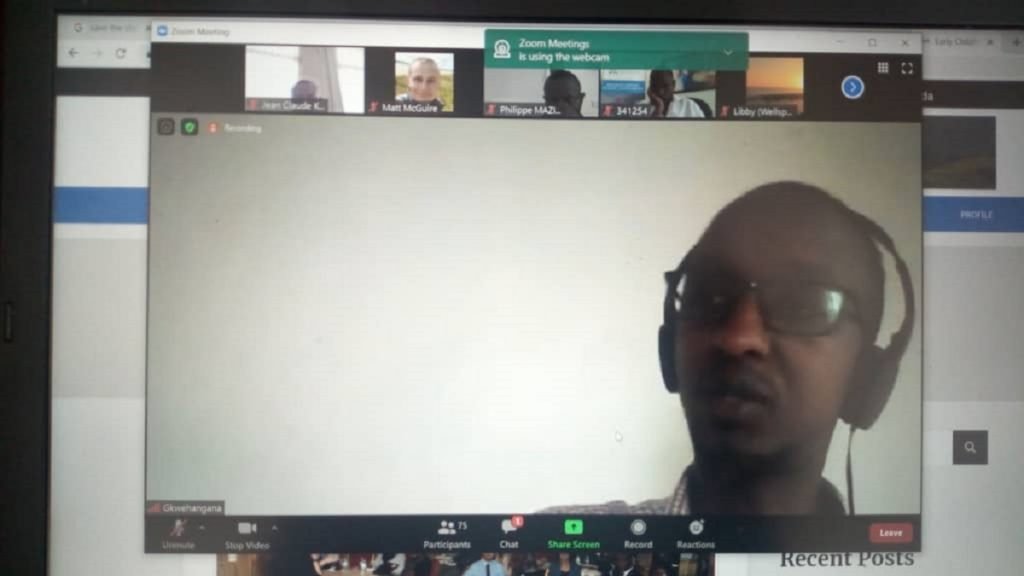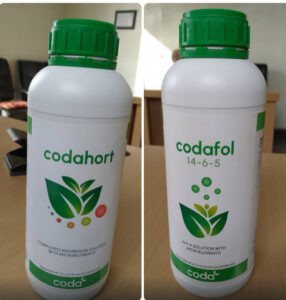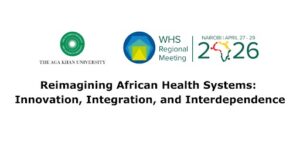A webinar organized by Save the children Rwanda has appraised the applicability of learning feasibility during lockdown, a response set up for children after being forced to halt their normal schooling due to the COVID-19 pandemic.
The virtual meeting was held on Friday 19th 2020, with theme ‘Covid-19 Impacts on African Children’.
With the education of children at home during lockdown period, being a matter of concern, as Sixty-two million children from primary and secondary school are currently put off school because of COVID-19 closures and that translates to approximately 21.5% of the total population in Africa, according to Maggie Korde, country Director for Save the children in Rwanda and Burundi.
Omar Bahati, advocator, for children with disabilities in Rwanda elaborated that most children still face stigma, and mostly have no special way of learning through radios or Televisions as they are disabled which would be the main hindrance on their side
“The problem with disabled children is that they didn’t follow teaching programs on radios and televisions because of disability.” He mentioned.
According to the assessment report presented by Save the Children Rwanda during the webinar, 69% and 28% of respondents thought that radio and television respectively are the best to teach children during school closures, while 11% prefer to use social media, and 5% prefer to use computer.
Other exposed general challenges against education during the lockdown include that 22.3% and 16% of respondents reported that girls and boys respectively are often engaged in domestic work which can prevent them from learning, while according to Oxfam Rwanda, 3.6 million of Rwandans stayed home without any access to technology.
Other findings from Oxfam state that domestic physical violence has increased at the range of 6% in the two months of the lockdown, while access to food and finance has also been affected according to interviewees, which may be another difficulty to children to access education.
Oxfam recommended for social protection and conflict management engagements from the government.
George Kwehangana, Technical advisor for child protection at National Commission for Children (NCC) called on parents to monitor their children during this period of no normal-schooling period for students
“Parents should guide children with learning materials.” He said
He added that NCC tries to work with stakeholders to make sure the learning initiative is secured.
As part of the COVID-19 response, Save the Children Rwanda engaged in ensuring that girls and boys, with or without disabilities, are safe in their homes, exercise their rights, and learn, survive, and are protected, as well as supporting REB in airing radio and TV shows to mobilize parents and the wider community to support children to learn and read at home.





